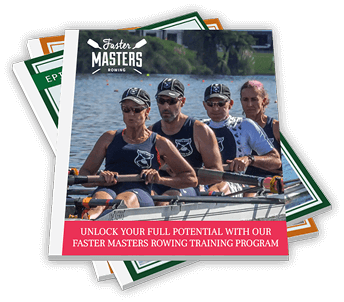Is having self-compassion "giving up"?
Timestamps
01:00 Tune in to your feelings and know the 'big picture' of training. Be your own best friend - look out for yourself.
Energy fluctuates - what's your energy level? Sometimes the programmed workout doesn't align with your energy levels.
02:30 Most rowers are not lazy. Compassion is not the same as laziness.
Steven Seiler says masters do 200 - 250 workouts a year. If you take time out it will recharge your batteries and quality of life.
Fatigue state training
04:30 When tired, your judgement is impaired.
A fatigue state is not calm. If you miss one or two sessions, carry on training. If you miss more than a week, review your physical state and you may need to repeat the missed sessions, or build back gradually.
07:00 Learn to work hard in long training. A well designed plan will build up to this point. It can be scary the first time. Repeat workouts to get better at this session. Get confident. Give an honest effort.
10:00 Learn to watch puddle size.
Get grip on the water by picking up speed rowing one at a time or in pairs and join in the rest of the crew. Learn to move quicker to keep the grip on the water. Erg sessions teach you consistency and efficiency. Learn to row harder and increase the meters rowed.
Mental toughness. Keep your workouts challenging but not impossible.
14:30 Question about testing and drag factor on the erg. This load (gearing) should match the gearing of your boat.
Book of the month
23:00 Book of the month Warriors by Danielle Brittain - the team doctor for the South African Rowing Team and mother to four rowers reviewed by Jess di Carlo.
Further resources
- Scoring burnout - how tired are you?
- Practicing rowing discipline
- James E. Loehr's classic book The New Toughness Training for Sports: Mental Emotional Physical Conditioning https://amzn.to/3yI3fnm [affiliate link]
- Mental toughness for rowing

